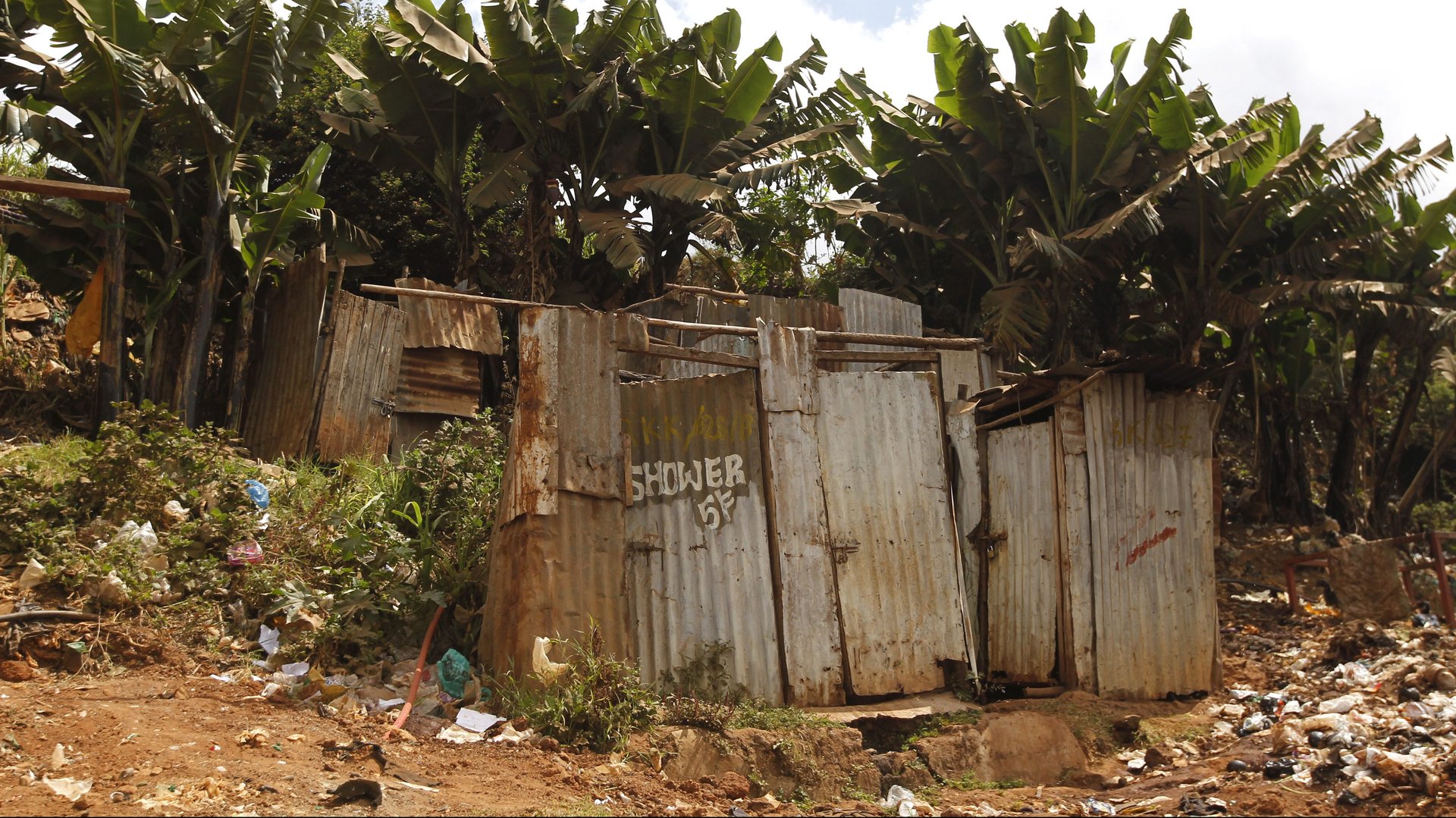A breakthrough in Covid-19 wastewater checks could speed up tests for informal settlements
Since the beginning of the pandemic, dozens of countries around the world have been monitoring their sewer systems for the Covid-19 virus.


Since the beginning of the pandemic, dozens of countries around the world have been monitoring their sewer systems for the Covid-19 virus.
Scientists discovered early in the pandemic that people infected with the virus shed bits of genetic material days before showing any symptoms. Wastewater monitoring can therefore provide “a canary-in-the-coalmine” early-warning system that can then be refined with clinical testing.
This is all well and good in countries where virtually all the population is connected to the sewer network. But for sub-Saharan Africa, where less than 10% of the population is connected to the sewer network, wastewater monitoring only tells a small (and privileged) part of the story. In South Africa, the continent’s most advanced economy, none of the big cities have 100% sewer coverage.
South Africa’s Water Research Commission (WRC) therefore decided to see whether and how they could monitor non-sewered communities. “Non-sewered sanitation is the Achilles Heel of wastewater surveillance. We cannot leave out whole sections of society,” said Jay Bhagwan, WRC’s executive manager for water use and waste management.
Bhagwan says finding a solution for non-sewered communities was all the more important considering how vulnerable informal settlements are to Covid-19, where cramped conditions and shared facilities make social distancing challenging.
Instead of sampling sewers, WRC scientists decided to look for Covid-19 ribonucleic acid (RNA) in samples from three rivers and one surface runoff from an informal settlement in the province of Gauteng. Their proof-of-concept worked: not only did they pick up the virus, the samples showed an increase in the viral load over time, which mirrored the increase in case numbers as the pandemic peaked.
The WRC is now scaling up its proof-of-concept, thanks in part to a grant from the Grundfos Foundation: over the next seven months, it hopes to refine its sampling and testing methodologies for non-sewered wastewater surveillance in up to 20 sites across four provinces. One of the main challenges will be to work out what to sample in the first place, explained Dr Sudhir Pillay, research manager in sanitation at WRC. “Every informal settlement is different: if there is a steep gradient, you might get a lot of runoff in streams; in others, you might decide to sample runoff from ablution blocks.”
What the WRC eventually wants to do is integrate non-sewered wastewater monitoring into the early-warning system South Africa is developing based on conventional wastewater monitoring. Pillay hopes it can be done in time for the next wave of Covid-19: the number of infections is likely to be underestimated in South Africa, mainly due to limitations regarding testing and the large number of asymptomatic individuals. “The good thing with RNA testing is that you pick up all the asymptomatic cases too,” said Bhagwan. This would then help authorities target public health and clinical interventions.
The WRC is sharing its findings on an open-access basis with other African countries so that they can develop inclusive wastewater-based monitoring systems too. “Globally we are amongst the first to be doing this,” said Bhagwan, adding it was an opportunity for South Africa to become a knowledge hub on the topic.
Sign up to the Quartz Africa Weekly Brief here for news and analysis on African business, tech, and innovation in your inbox